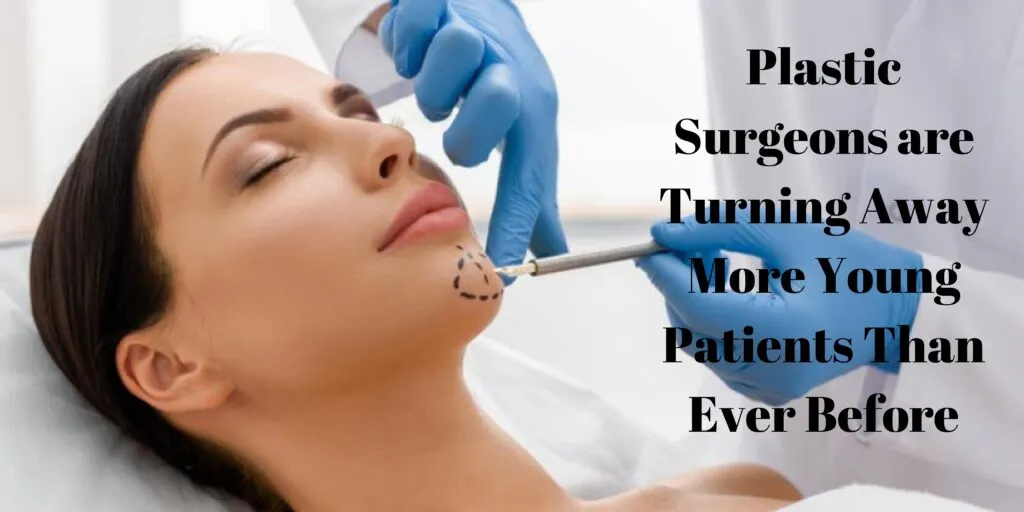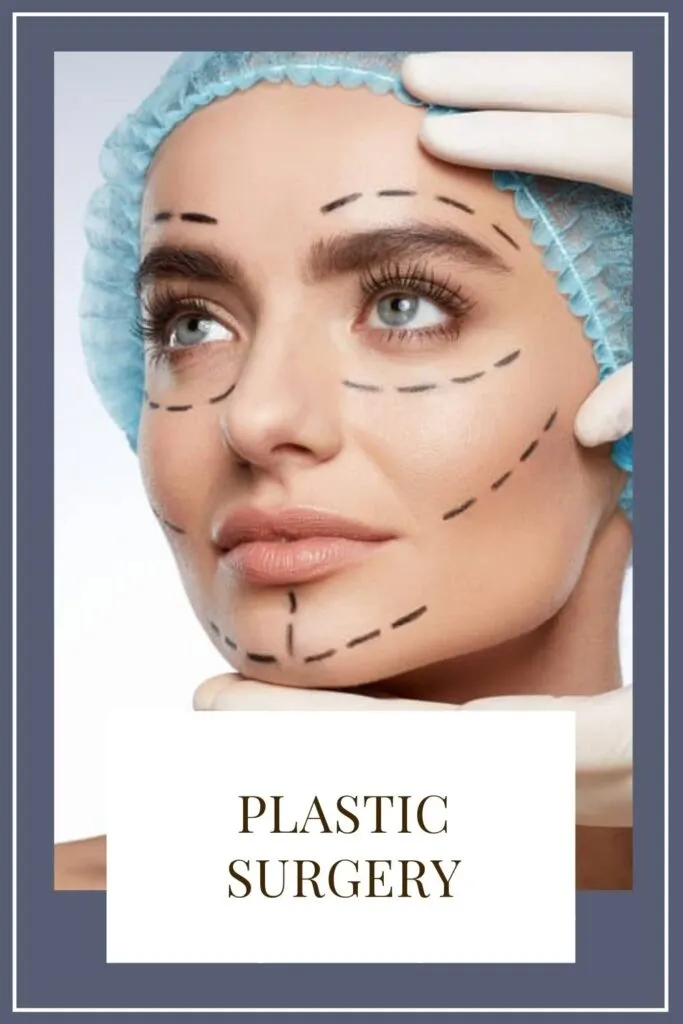While the demand for elective aesthetic surgeries has been around forever, the motivations behind those surgeries are constantly changing. Sure, you could say that people just want to look like better versions of themselves, perhaps a mommy makeover, or what have you; but when it comes to younger people, there’s actually a strong influence convincing them that they need improvement. You probably don’t even have to guess what that influence is, but here’s the answer anyway: it’s social media. Tik Tok and Instagram, with their glamorous influencers and countless filters, have users getting jealous of people that don’t even exist – well, not in the form they display online, anyway. Even so, plastic surgeons are seeing a dramatic increase in patients under 30, and many of these surgeons just don’t feel like all of the patients are good candidates for elective cosmetic surgery.
Plastic surgery is often used as a confidence booster, but many people take it too far. Some strategic liposuction or a subtle brow-lift can change someone’s whole face, but many people go way beyond that in the pursuit of perfection. That’s why responsible plastic surgery practices evaluate not only the patient’s physical suitability for a procedure but their mental suitability as well. On the one hand, there’s the consideration that if a surgeon is providing a service, they should make that service available to whoever wants it. On the other hand, there’s the surgeon’s obligation to “do no harm”. In some cases, it’s pretty clear that a certain surgery would definitely harm the person who’s trying to get it.
Consultations are essential
There have been plenty of new trends in plastic surgery ever since the pandemic began. One of the more surprising trends, though, is surgeons turning down young patients. Unrealistic expectations have led to increasing numbers of millennials seeking procedures that they definitely aren’t candidates for; some surgeons have actually responded by increasing consultation times with each patient to ensure that they know what they’re really asking for.
In the past, most plastic surgery candidates could at least identify a feature they wanted changed; these days, many people can’t even point to something they want to be “fixed” during their consultation. They just show the surgeon their most flattering selfie and say “I want to look like this”.
Why social media is driving up requests for plastic surgery
It’s easy to see the connection between picture-perfect Instagrammers and their followers who want to look just like them. However, that isn’t the only aspect contributed by social media. Tik Tok, in particular, is full of before-and-after photos, complete with details on the procedure itself, the cost, recovery time, risks, etc. Patients go to plastic surgeons having already done their homework, convinced that all they have to do is pay for the procedure and make sure to document the recovery process for future Tik Tok posts.
Doctors are saying that this level of preparedness is unusual for such young patients. Many of them are well below 30 years old; previously these doctors would expect that level of preparedness from patients who were a couple of decades older.
There are even online influencers who’ve gotten multiple plastic surgeries to look like they’re “wearing” an Instagram filter. Jealousy and insecurity are common motivators for plastic surgery, but the popularity of filters and photo editing software may be leading to increased instances of dysmorphia as well. People see how they look in edited photos – a sharper jawline, a cuter nose, plumper lips, and wider eyes – and that eventually becomes a part of their self-image. The problem is, that isn’t actually what they look like; it’s just a digital version of themselves. The choice that many plastic surgeons now face is whether to fulfill these possibly dysmorphic goals or to turn the patients down.
Changing trends in plastic surgery
In many cases, the problem is that there’s hardly anything to fix; no wrinkles, sagging skin, or rough textures. Instead, patients simply want to look more like an idealized version of themselves. This is a marked difference from trends in the past, where procedures like rhinoplasty (which is still one of the most popular plastic surgeries) were often completed by people who genuinely felt insecure about the way they looked.
These days, plastic surgeons are seeing a shift to the non-surgical improvement of skin texture, as well as earlier surgical interventions. For instance, eye lifts are catching up in popularity with rhinoplasties, even among younger people who just want to keep themselves looking youthful before they’ve had a chance to age.
Energy-based treatments are also in demand; radio frequency, for example, has a reputation for being able to cure nearly any skin concern. From basic maintenance to acne scars, to toning, to improved skin texture, this procedure is practically the plastic-surgery equivalent of a smoothing filter on a photo.
Can social media be a positive influence too?
As far as plastic surgeons are concerned, social media is mostly a negative influence on young people. The drive for perfection can ruin the self-esteem of someone with even the smallest insecurity, and instead of focusing on what they like about themselves, they fixate on the parts of themselves that don’t conform to an unrealistic ideal. Even though everyone uses filters on social media – and everyone knows it – that doesn’t always click with the people who are viewing those heavily edited photos. They don’t realize that they could get the exact same “results” as their online idols, if only they could figure out which filters to use.
On the other hand, there are parts of social media that are more realistic about plastic surgery. Accounts that talk about their motivations behind getting cosmetic surgery, how it turned out, and whether or not they regret it is helpful to those who are considering the same procedures themselves. Even if viewers are holding themselves to impossible standards, at least they know the risks. These accounts can be instrumental in not only educating people about the pros and cons of plastic surgery but also in building realistic expectations.


